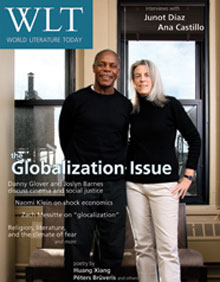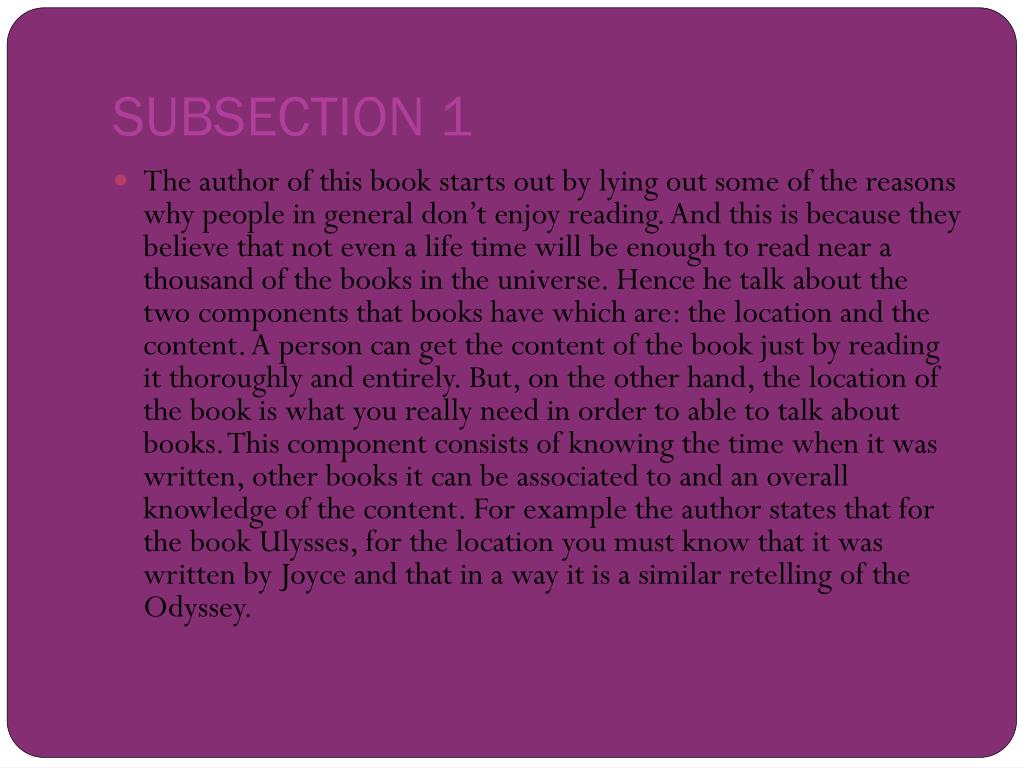

The second is a meal at a French farm, eaten with German friends. It was a wonderful slow process which I found relaxing and rewarding. I would read slowly, with a cup of coffee and a journal, and reflect on each chapter. The first is my memory of reading Peterson’s The Contemplative Pastor, sitting on a veranda overlooking the mountain valleys in the Ardeche region. It reminds me of two vignettes, both of which I experienced in France on holiday.

It feels like the difference between wolfing down a McDonalds and eating at a Michelin restaurant.

It would be impossible to read slowly and deeply in these areas – neither would I want to, when it comes to the likes of Pink.Īnd yet: my personal preference at this stage remains to read slowly and deeply, and even to reread books, to feel that I am learning something and digesting and imbibing it. I also find myself confronted with a large swathe of material that I have to review and understand and contextualise as I start my DMin research. And it appears that Adler and Madame Guyon and Bayard all agree on the need to read extensively, and somewhat superficially, to gain mastery over ‘scholastic subjects’. I understand and agree with Bayard’s reference to the importance of placing the work in the wider literary context (reading syntopically – Adler) and having an overall perspective. I do find myself asking the question, however, about how much we really benefit and learn when we fly quickly over single or multiple texts, having a sniff here, and a lick there (I am continuing the metaphor, not revealing some strange penchant for licking books), rather than reading more slowly and carefully and meditatively. Admittedly, Madame Guyon is talking about prayerful and meditative reading (perhaps closest to the analytical reading of Adler, or the “gutting of a book” by Jason Clark) and she goes on to say: “ Much reading is rather for scholastic subjects, than divine truths”. I was reminded of this image from Madame Guyon as I read Bayard’s work on how to read quickly and superficially, or how not to read at all.

Those who read fast, reap no more advantage, than a bee would by only skimming over the surface of the flower, instead of waiting to penetrate into it, and extract its sweets.” (Madame Guyon – A Short & Very Easy Method of Prayer) “It is not the quantity that is read, but the manner of reading, that yields us profit. How to talk about books you haven’t read – Pierre Bayard


 0 kommentar(er)
0 kommentar(er)
